News & Blog
News & Blog
Showing search results for XXXXXX
Search results
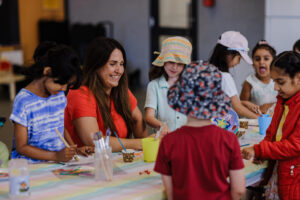
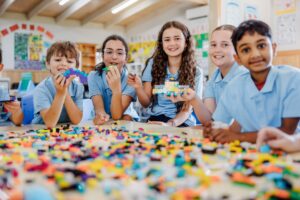
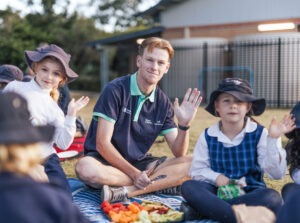
OSHC Explained: Out of Hours School Care
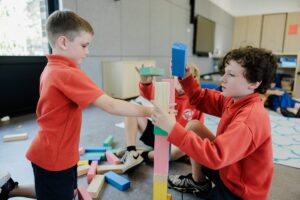
Bringing back the joy of play: Why it matters more than ever
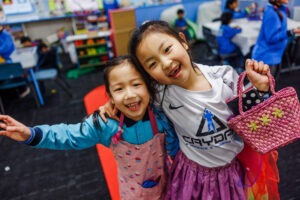
Camp Australia Activities For Kids Aged 5-8

Camp Australia Activities For Kids Aged 9-12

Back to School Checklist: The Simple Guide For Your Child
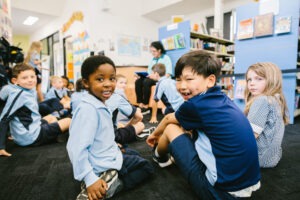
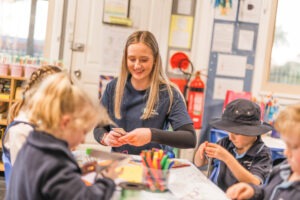
Neurodiversity Celebration Week 2025
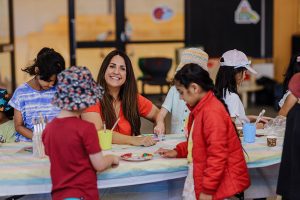
Let’s talk art with Kerry Evitts – Exploring Art in Different Mediums

Make Beautiful Nature-Inspired prints with Kerry Evitts
Looking for a fun and creative way to bring nature indoors? Let’s turn ordinary leaves into stunning butterfly prints! Inspired by the beauty of the outdoors, this hands-on activity is perfect for little artists who love to explore colours, textures, and patterns. Grab your paintbrush and let’s get started! What

Play! Why LEGO® Bricks Might Be the Building Blocks of Wellbeing
When was the last time you played just for the sake of it? No agenda. No end goal. Just play. For children, play isn’t just fun. It’s essential. And when it comes to creative, mindful play, LEGO bricks are little plastic superheroes. As an artist and psychotherapist, I’ve seen the

OSHC Explained: Out of Hours School Care
What is OSHC? OSHC stands for Outside School Hours Care – a place where primary school-aged children (typically 5 to 12 years old) can feel safe, supported and inspired outside of regular school hours. At Camp Australia, OSHC includes Before School Care, After School Care and our much-loved Rocketeers Vacation

Bringing back the joy of play: Why it matters more than ever
Bringing back the joy of play: Why it matters more than everChildhood looks a lot different today. With more screen time and packed schedules, kids have fewer opportunities for unstructured play. However, one thing hasn’t changed—play remains essential for children’s growth and development. At Camp Australia, we’re committed to bringing

Camp Australia Activities For Kids Aged 5-8
Children from the ages of 5-8 years old are full of wonder and enthusiasm for fun activities that keep them engaged and entertained. As parents, we want our children to learn as they play as well. Camp Australia offers a range of activities that are well suited to children in

Camp Australia Activities For Kids Aged 9-12
Camp Australia’s before, after school and holiday programs for children in the 9-12 age range offer both participants and parents the confidence that there will be a range of age-appropriate activities to keep them interested and entertained. Children in this age range have a few advantages over younger school children;

Back to School Checklist: The Simple Guide For Your Child
Getting back to school is a fun and exciting time for your child to catch up with their favourite friends and teachers after school holidays. It’s also a great way for parents to settle into the routine of their children being back at school. But after an extended break, are

Understanding School Refusal: Tips For Getting Your Child Back To School
Understanding School Refusal: Tips For Getting Your Child Back To School Many children are excited and eager to get to school and start their day. It’s the chance to catch up with their friends, play and learn. So what do you do when your child doesn’t want to go to

Neurodiversity Celebration Week 2025
This week marks Neurodiversity Celebration Week, a time to recognise and embrace the diverse range of neurological differences among individuals. Our award-winning CARE Program is tailored to support children with additional needs. Through CARE, we aim to foster neuro-inclusivity within our communities and ensure every child feels a sense of

Let’s talk art with Kerry Evitts – Exploring Art in Different Mediums
Medium Magic: A Creative Journey for Kids Art is a playground of expression; it’s an exciting adventure filled with endless possibilities. Each artistic medium offers unique benefits, stimulating creativity, enhancing motor skills, and enabling emotional expression and lots more. Whether it’s the simplicity of a pencil sketch or the tactile
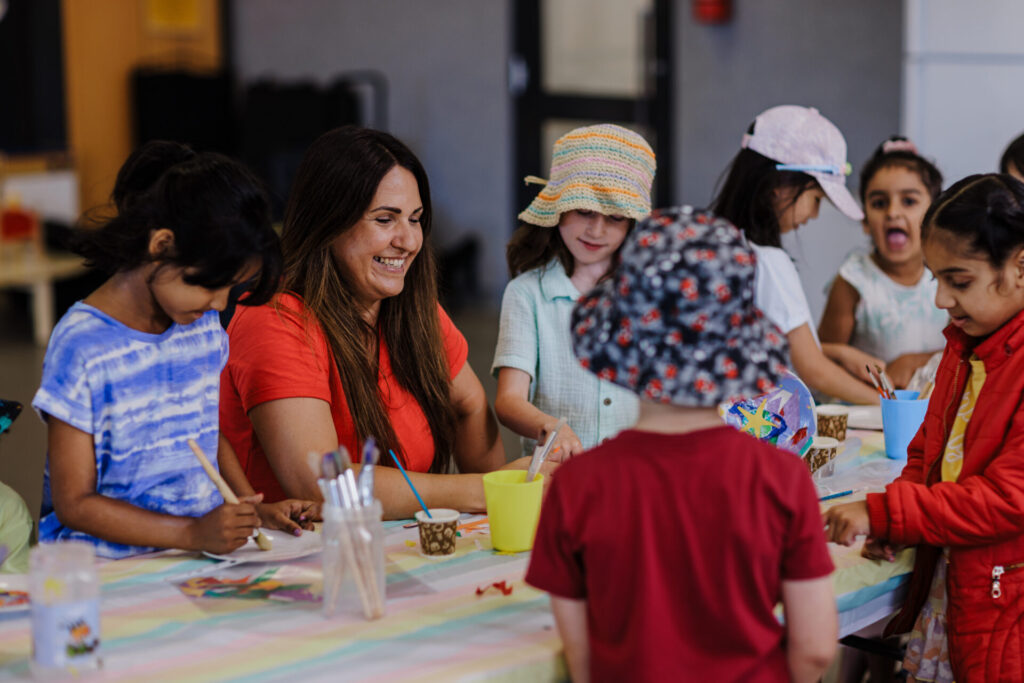
Make Beautiful Nature-Inspired prints with Kerry Evitts
Looking for a fun and creative way to bring nature indoors? Let’s turn ordinary leaves into stunning butterfly prints! Inspired by the beauty of the outdoors, this hands-on activity is perfect for little artists who love to explore colours, textures, and patterns. Grab your paintbrush and let’s get started! What you’ll need Leaves Acrylic aints Paintbrush Paper Black sharpie Step-by-step guide Step 1: Collect Your LeavesHead outside with an adult and gather some leaves. Look for different shapes to make unique butterfly wings! Step 2: Make Leaf PrintsUsing a paintbrush, apply green paint to the back of a leaf. Press it onto your paper, using another sheet or kitchen roll
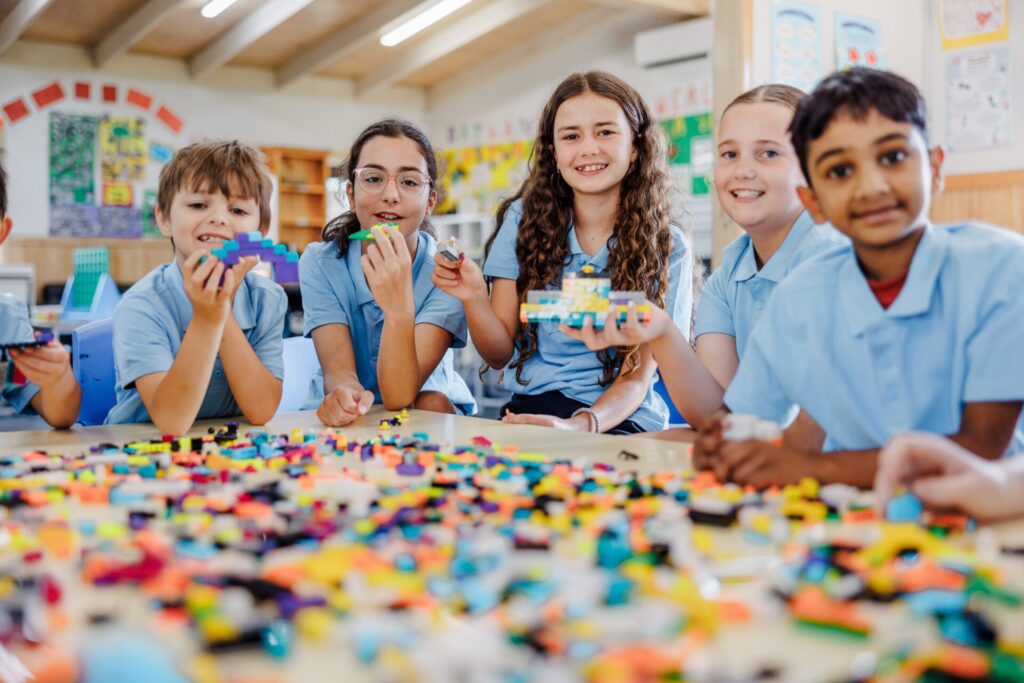
Play! Why LEGO® Bricks Might Be the Building Blocks of Wellbeing
When was the last time you played just for the sake of it? No agenda. No end goal. Just play. For children, play isn’t just fun. It’s essential. And when it comes to creative, mindful play, LEGO bricks are little plastic superheroes. As an artist and psychotherapist, I’ve seen the power of play in many imaginable colours, shapes, and emotions. Play allows children to express themselves in a way that doesn’t require words; many children and adults struggle to put emotions and feelings into words, so creative play is a wonderful way to combat this. It can help to build self-confidence, relieve stress, and even nurture empathy. And yes, it
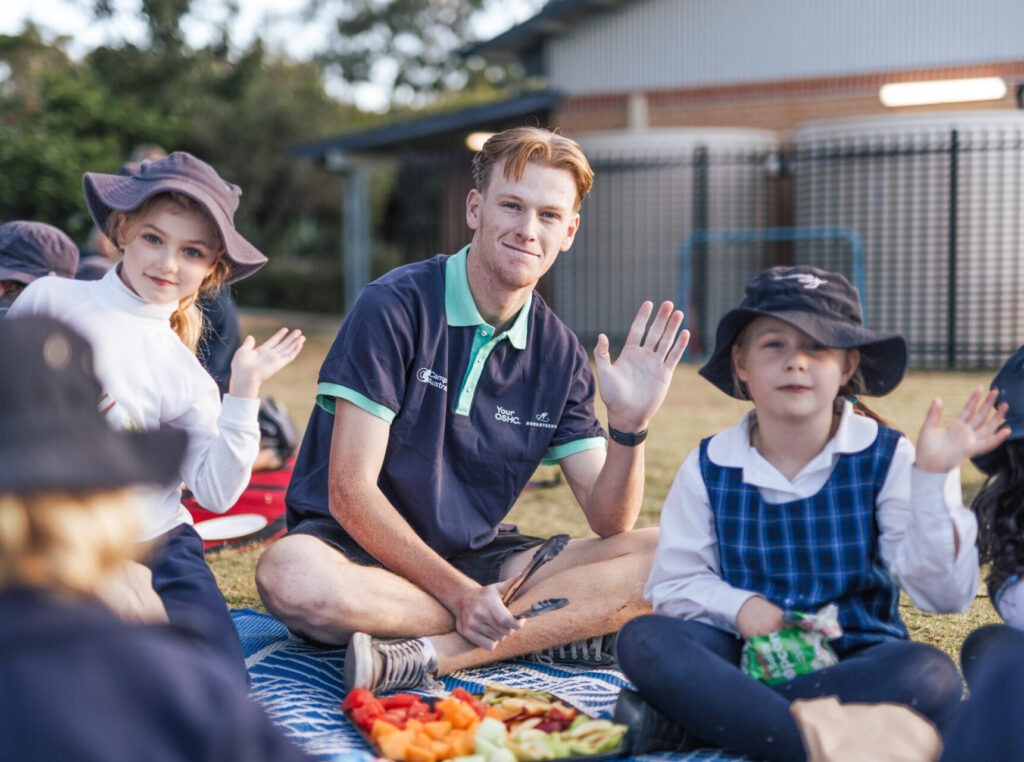
OSHC Explained: Out of Hours School Care
What is OSHC? OSHC stands for Outside School Hours Care – a place where primary school-aged children (typically 5 to 12 years old) can feel safe, supported and inspired outside of regular school hours. At Camp Australia, OSHC includes Before School Care, After School Care and our much-loved Rocketeers Vacation Care during school holidays. Why families love Your OSHC We know every family’s routine looks different – that’s why Your OSHC is designed to be flexible, reliable and easy to use. Whether it’s a busy morning before school or you need care into the evening, we’ve got you covered. Our programs even run on Pupil Free Days and throughout the
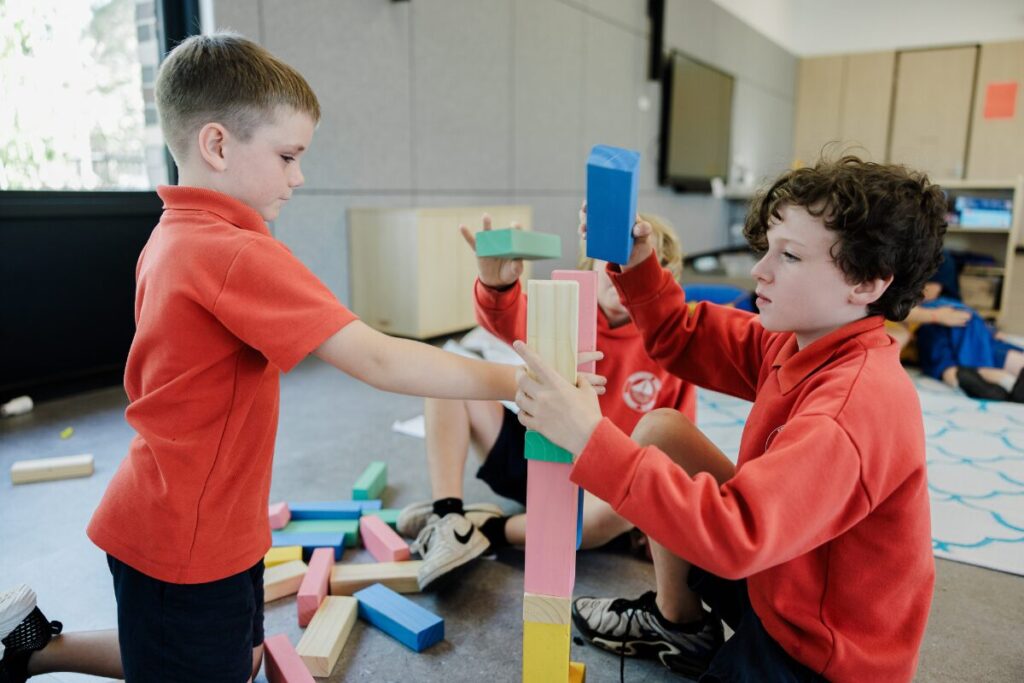
Bringing back the joy of play: Why it matters more than ever
Bringing back the joy of play: Why it matters more than everChildhood looks a lot different today. With more screen time and packed schedules, kids have fewer opportunities for unstructured play. However, one thing hasn’t changed—play remains essential for children’s growth and development. At Camp Australia, we’re committed to bringing play back through our Out of School Hours Care (OSHC) programs. We offer kids the freedom to explore, create, and connect in ways that screens and structured activities can’t replace. Why play is more than just funPlay isn’t just about having fun—it’s how kids learn best. Dr. Kathy Hirsh-Pasek, a leading child psychologist, says that play supports kids’ cognitive, social,
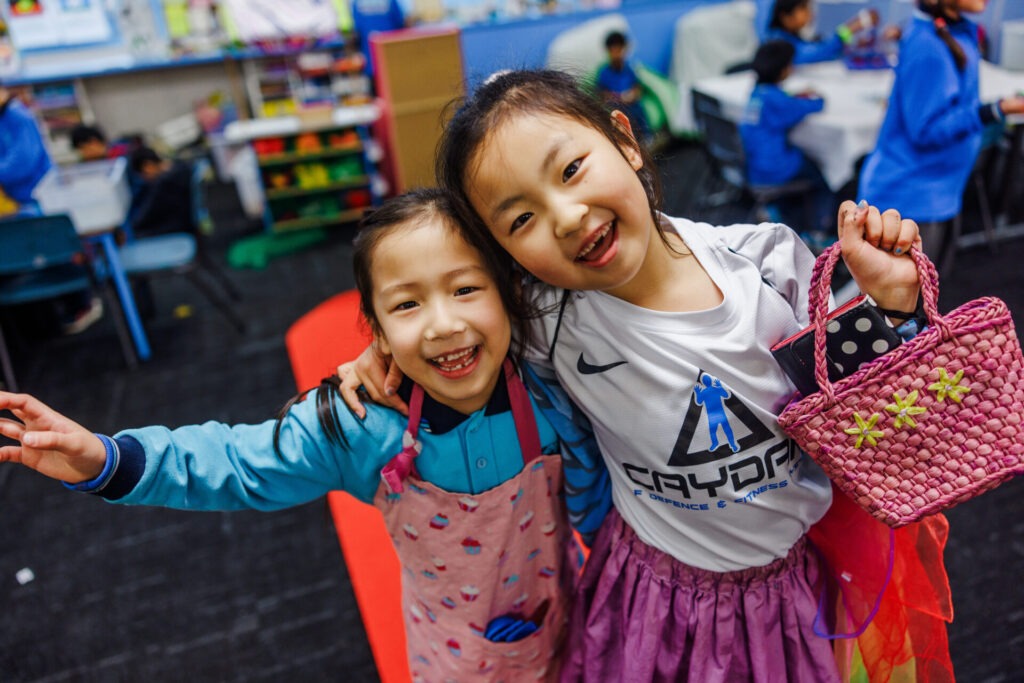
Camp Australia Activities For Kids Aged 5-8
Children from the ages of 5-8 years old are full of wonder and enthusiasm for fun activities that keep them engaged and entertained. As parents, we want our children to learn as they play as well. Camp Australia offers a range of activities that are well suited to children in this age range. We understand that children in their first years of primary school have different developmental and social needs than older school children. That’s why the team at Camp Australia have a range of activities for children aged from 5-8 years old that are fun while being beneficial to their development in so many ways. Let’s look at these
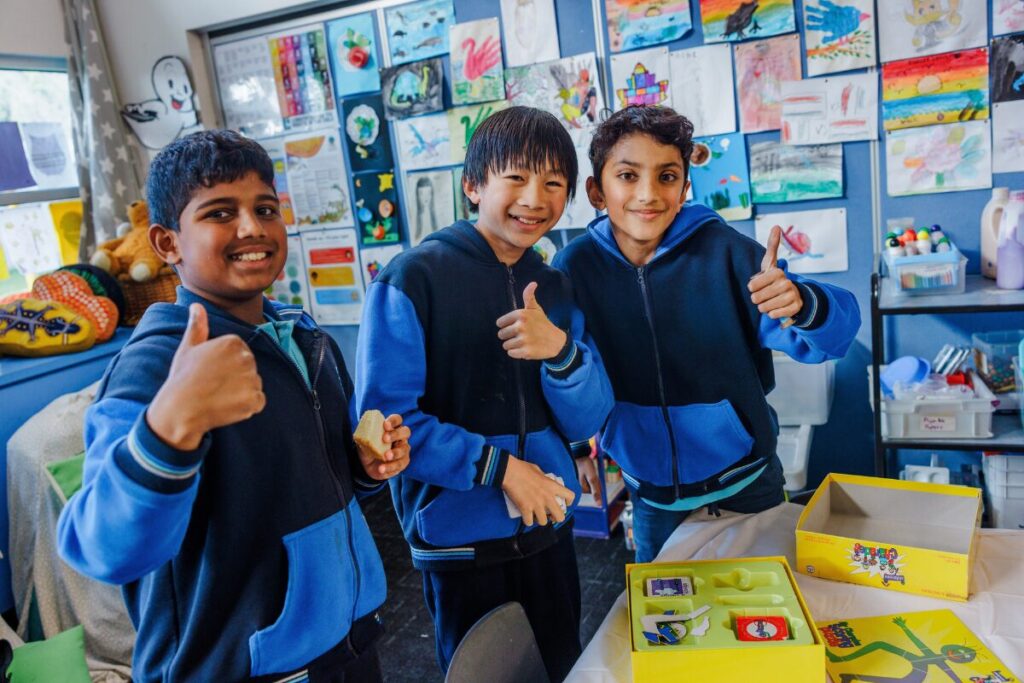
Camp Australia Activities For Kids Aged 9-12
Camp Australia’s before, after school and holiday programs for children in the 9-12 age range offer both participants and parents the confidence that there will be a range of age-appropriate activities to keep them interested and entertained. Children in this age range have a few advantages over younger school children; they are generally more settled in with the routines and experiences of school and have a better sense of who they are and what they enjoy. Activities That Aid in Children’s Development Children in their senior primary school years have different needs from their younger peers. That’s why Camp Australia has a range of activities that appeal to this age
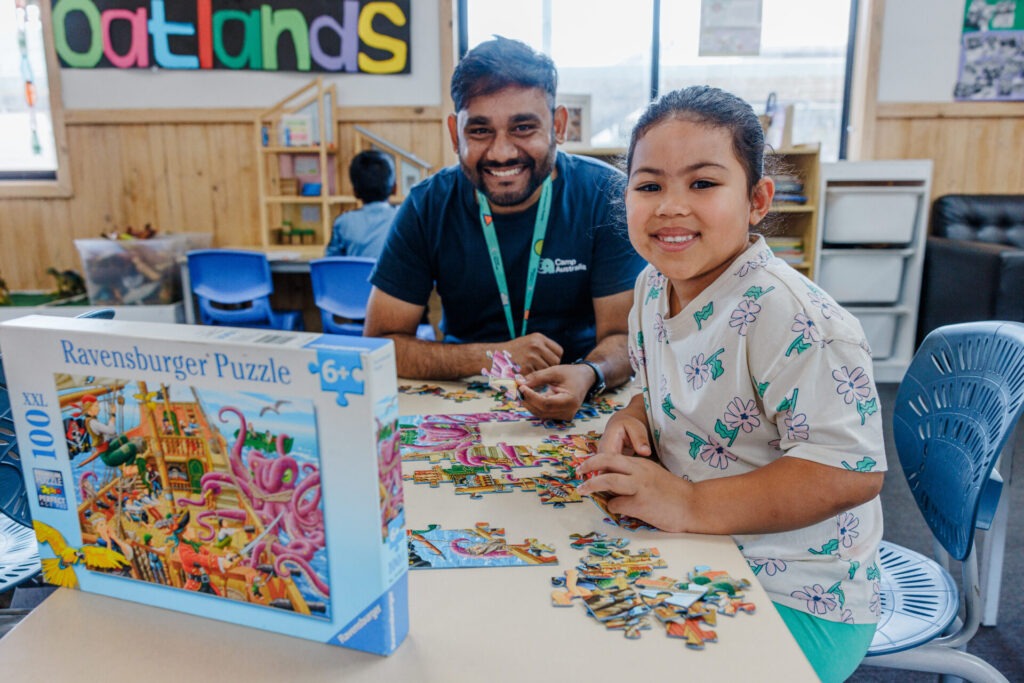
Back to School Checklist: The Simple Guide For Your Child
Getting back to school is a fun and exciting time for your child to catch up with their favourite friends and teachers after school holidays. It’s also a great way for parents to settle into the routine of their children being back at school. But after an extended break, are you prepared for the back to school transition of school drop-offs and pickups, early mornings and packed lunch routine? Help both your children and yourself with this back to school checklist for Australian children and parents. How to Prepare for a Smooth Transition Back to School Getting into the back to school headspace comes with being prepared. To help your
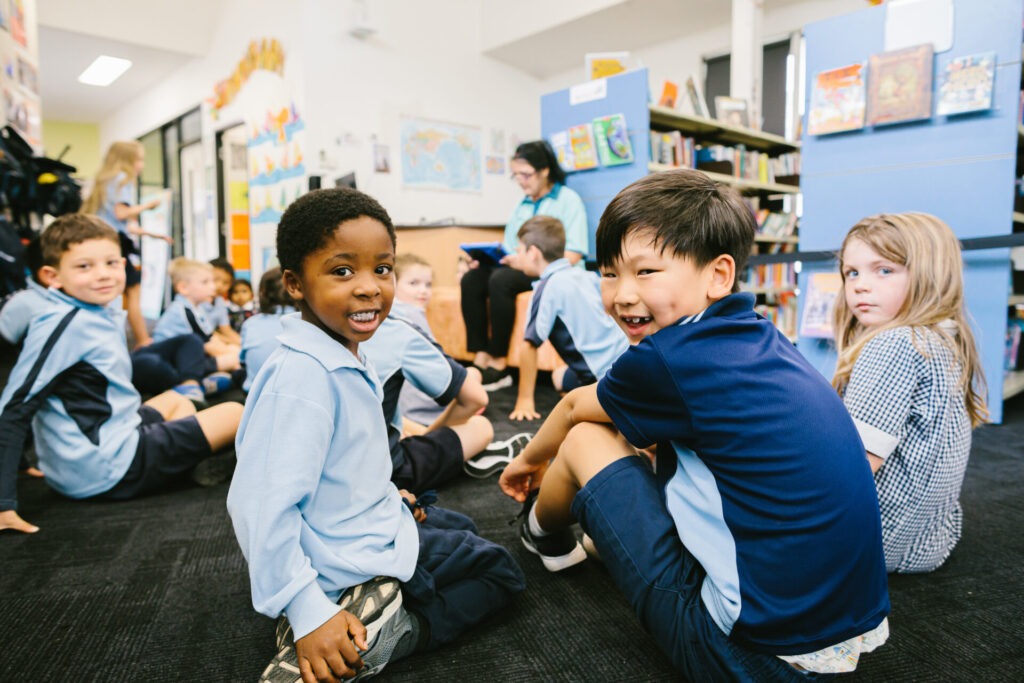
Understanding School Refusal: Tips For Getting Your Child Back To School
Understanding School Refusal: Tips For Getting Your Child Back To School Many children are excited and eager to get to school and start their day. It’s the chance to catch up with their friends, play and learn. So what do you do when your child doesn’t want to go to school? This can be a sign of school refusal, which can vary in severity. For some children it can be a reluctance to go to school; for others, it can cause high levels of distress. Getting your child back to school can sometimes feel like a battle of wills and determination, but it doesn’t have to be! Here we will
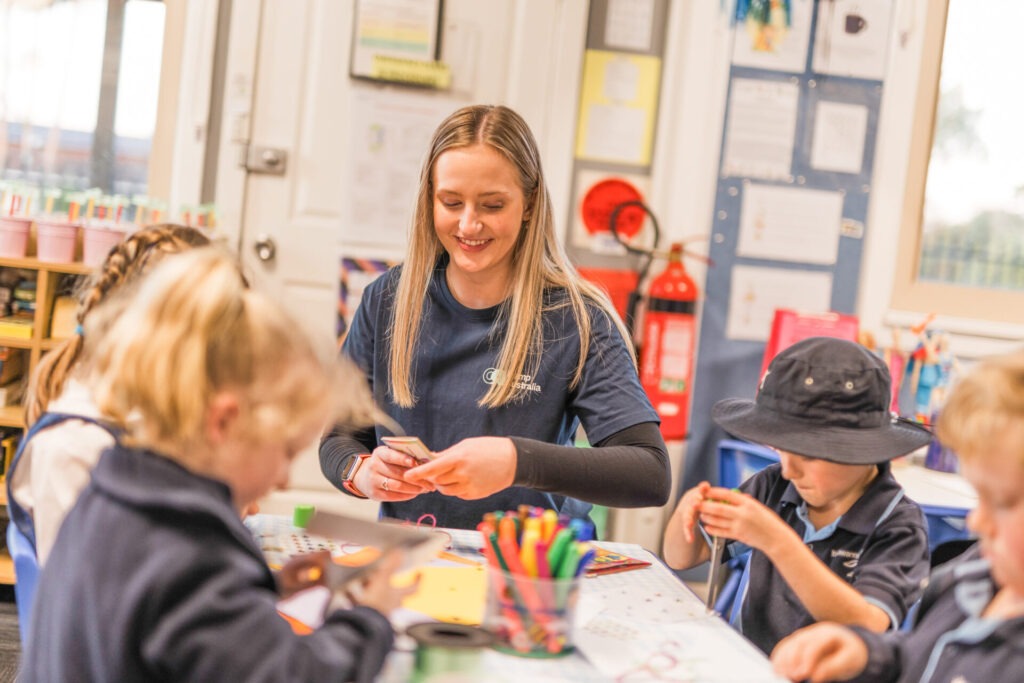
Neurodiversity Celebration Week 2025
This week marks Neurodiversity Celebration Week, a time to recognise and embrace the diverse range of neurological differences among individuals. Our award-winning CARE Program is tailored to support children with additional needs. Through CARE, we aim to foster neuro-inclusivity within our communities and ensure every child feels a sense of belonging in our services. A central part of our CARE Program is providing our educators with training and resources to better understand neurodivergent conditions such as Autism and ADHD guided by evidence-based approaches. We offer e-learning modules and support from our CARE Team and Inclusion Support Specialists. Our collaboration with experts from the National Outside School Hours Services Alliance and
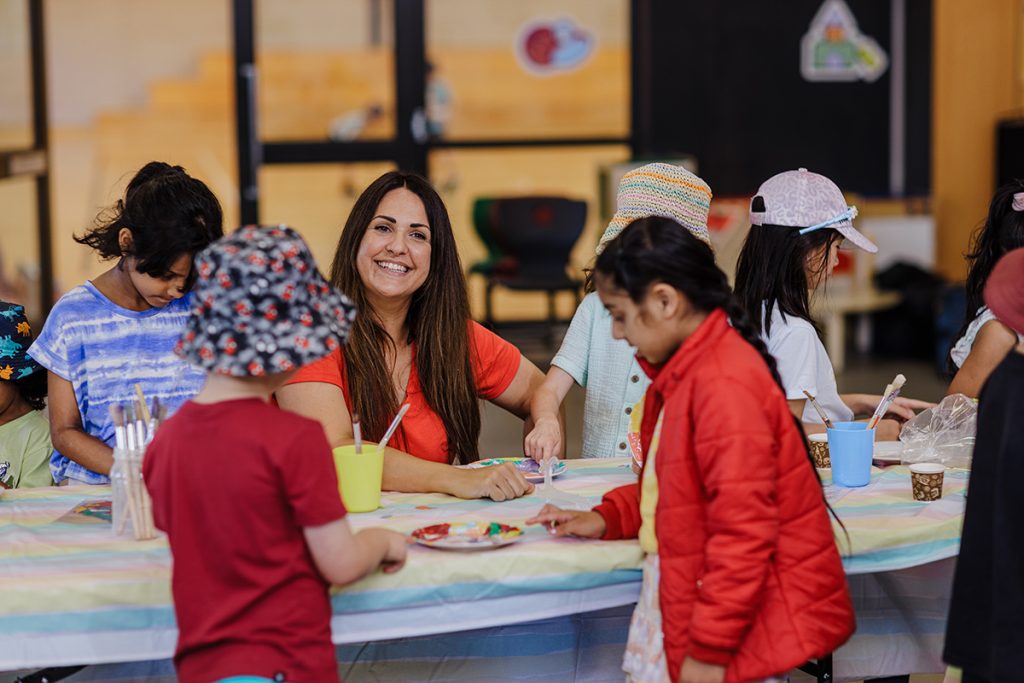
Let’s talk art with Kerry Evitts – Exploring Art in Different Mediums
Medium Magic: A Creative Journey for Kids Art is a playground of expression; it’s an exciting adventure filled with endless possibilities. Each artistic medium offers unique benefits, stimulating creativity, enhancing motor skills, and enabling emotional expression and lots more. Whether it’s the simplicity of a pencil sketch or the tactile wonder of sculpting, each form of art has something valuable to offer young creators. Let me explain a little more on different mediums and how they can enrich a child’s artistic journey. Sketching: The Foundation of Creativity Sketching is one of the most accessible and fundamental forms of art. With just a pencil and paper, kids can explore ideas, build

Make Beautiful Nature-Inspired prints with Kerry Evitts
Looking for a fun and creative way to bring nature indoors? Let’s turn ordinary leaves into stunning butterfly prints! Inspired by the beauty of the

Play! Why LEGO® Bricks Might Be the Building Blocks of Wellbeing
When was the last time you played just for the sake of it? No agenda. No end goal. Just play. For children, play isn’t just

OSHC Explained: Out of Hours School Care
What is OSHC? OSHC stands for Outside School Hours Care – a place where primary school-aged children (typically 5 to 12 years old) can feel

Bringing back the joy of play: Why it matters more than ever
Bringing back the joy of play: Why it matters more than everChildhood looks a lot different today. With more screen time and packed schedules, kids

Camp Australia Activities For Kids Aged 5-8
Children from the ages of 5-8 years old are full of wonder and enthusiasm for fun activities that keep them engaged and entertained. As parents,

Camp Australia Activities For Kids Aged 9-12
Camp Australia’s before, after school and holiday programs for children in the 9-12 age range offer both participants and parents the confidence that there will

Make Beautiful Nature-Inspired prints with Kerry Evitts
Looking for a fun and creative way to bring nature indoors? Let’s turn ordinary leaves into stunning butterfly prints! Inspired by the beauty of the outdoors, this hands-on activity is perfect for little artists who love to explore colours, textures,

Play! Why LEGO® Bricks Might Be the Building Blocks of Wellbeing
When was the last time you played just for the sake of it? No agenda. No end goal. Just play. For children, play isn’t just fun. It’s essential. And when it comes to creative, mindful play, LEGO bricks are little

OSHC Explained: Out of Hours School Care
What is OSHC? OSHC stands for Outside School Hours Care – a place where primary school-aged children (typically 5 to 12 years old) can feel safe, supported and inspired outside of regular school hours. At Camp Australia, OSHC includes Before

Bringing back the joy of play: Why it matters more than ever
Bringing back the joy of play: Why it matters more than everChildhood looks a lot different today. With more screen time and packed schedules, kids have fewer opportunities for unstructured play. However, one thing hasn’t changed—play remains essential for children’s

Camp Australia Activities For Kids Aged 5-8
Children from the ages of 5-8 years old are full of wonder and enthusiasm for fun activities that keep them engaged and entertained. As parents, we want our children to learn as they play as well. Camp Australia offers a

Camp Australia Activities For Kids Aged 9-12
Camp Australia’s before, after school and holiday programs for children in the 9-12 age range offer both participants and parents the confidence that there will be a range of age-appropriate activities to keep them interested and entertained. Children in this

Back to School Checklist: The Simple Guide For Your Child
Getting back to school is a fun and exciting time for your child to catch up with their favourite friends and teachers after school holidays. It’s also a great way for parents to settle into the routine of their children

Understanding School Refusal: Tips For Getting Your Child Back To School
Understanding School Refusal: Tips For Getting Your Child Back To School Many children are excited and eager to get to school and start their day. It’s the chance to catch up with their friends, play and learn. So what do

Neurodiversity Celebration Week 2025
This week marks Neurodiversity Celebration Week, a time to recognise and embrace the diverse range of neurological differences among individuals. Our award-winning CARE Program is tailored to support children with additional needs. Through CARE, we aim to foster neuro-inclusivity within

Let’s talk art with Kerry Evitts – Exploring Art in Different Mediums
Medium Magic: A Creative Journey for Kids Art is a playground of expression; it’s an exciting adventure filled with endless possibilities. Each artistic medium offers unique benefits, stimulating creativity, enhancing motor skills, and enabling emotional expression and lots more. Whether

